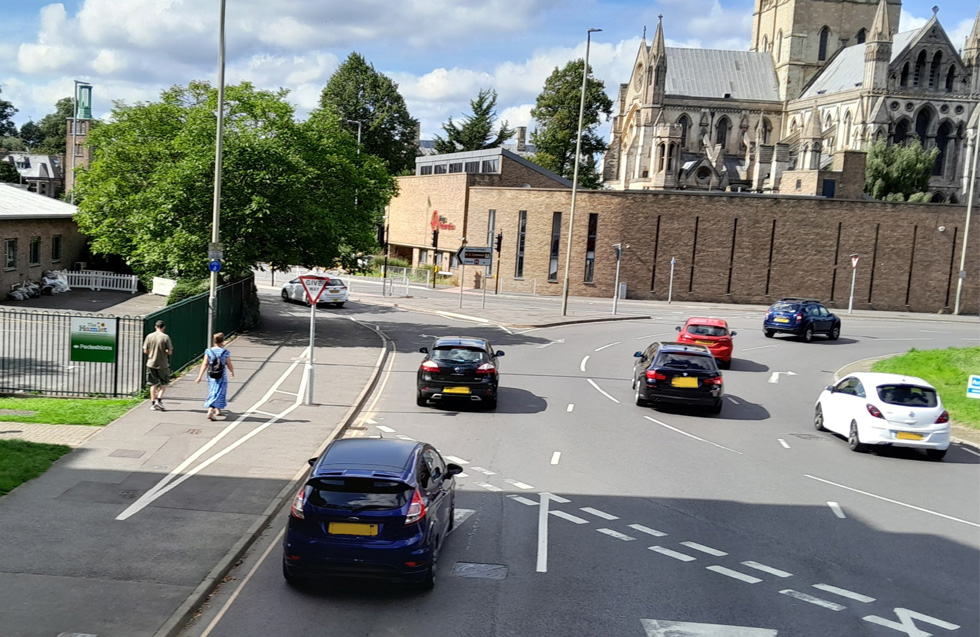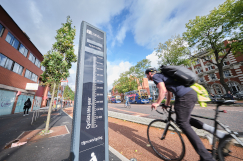Misperceptions the biggest barrier to apprenticeships, say apprentices

Misperceptions that apprenticeships are an inferior route into industry are the biggest barrier to attracting good candidates, according to a survey of apprentices carried out by global infrastructure services firm AECOM.The company plans to hire 150 apprentices in 2016 and has released the results of the research to coincide with National Apprenticeship Week which is taking place from 14-18 March.One in three apprentices responding to the survey (33%) cite this misperception as the greatest barrier, while almost one in four (23%) say a lack of information and awareness about the benefits of apprenticeships in schools is the biggest obstacle. Just over one in five (21%) say a lack of availability of apprenticeships is the challenge. According to the survey, many good candidates are not considering apprenticeships in the first place because they view them as inferior to degrees (32%), while a lack of awareness about what apprenticeships entail is putting off others (28%).The survey provides evidence that apprenticeships are an increasingly viable alternative to university, with over half (52%) choosing an apprenticeship instead of a formal university degree route and a further 14% not even considering a degree as a feasible option due to tuition fees. When questioned about what put them off university, 40% cite the desire to earn money at the same time as studying for a career, while nearly a quarter (23%) say it was because there was no guarantee of a job at the end of it.When asked what they would be doing if they weren’t an apprentice, a quarter (25%) say they would be doing a job unrelated to or below their skill set while 12% worry they may not have found a job immediately.Paul McCormick, managing director – transportation, UK & Ireland and Continental Europe, AECOM, said: “I began my career as an apprentice more than three decades ago, so I know first-hand that apprenticeships are a proven, viable route into the infrastructure and built environment sector. More needs to be done, however, to convince good candidates that apprenticeships offer a meaningful and rewarding career path, including sponsorship for a part-time degree at a later date. We employ more than 300 apprentices and plan to hire 150 new apprentices this year – more than ever before. Attracting high-quality candidates is therefore key. In return we will offer them opportunities to work on some of the UK’s most important infrastructure projects, from Crossrail, HS2 and the Thames Tideway Tunnel to exciting schemes for Transport for London and the Department for Transport.”































